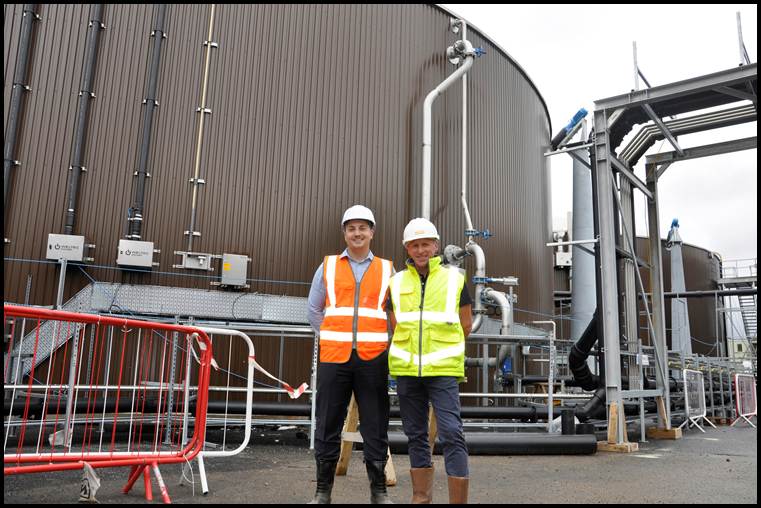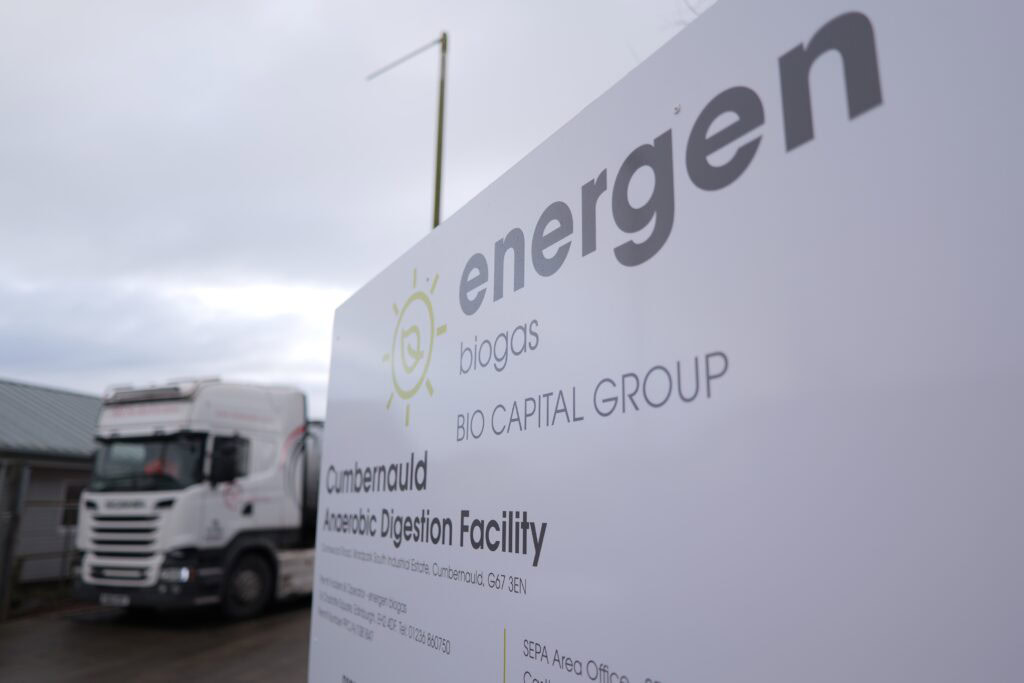However, the Association for Organics Recycling (AfOR) has told letsrecycle.com that while funding is an issue, the introduction of double Renewable Obligation Certificates (ROCs) for anaerobic digestion (AD) has made it a viable technology.
Harry Waters, sales and marketing director at Agrivert Limited, predicted that only around five planned AD projects will actually get built in the next 18 months, largely due to funding issues.
However, he argued that the recession is largely to blame for this. According to Mr Waters, getting funding for AD projects from the banks has been “challenging” since the recession, which he says contrasts “sharply” with the period before the credit crunch when the banks were “lining up” to fund AD projects.
He added that he wants to see AD get funding and do well because: “It is in no-ones' interest to see a competitor fail in anaerobic digestion. Banks and the market need to have confidence in AD, otherwise funding could become difficult.”
AD Task Group
Also blaming poor funding for “modest” progress in AD was the chair of the Anaerobic Digestion Task Group, Steve Lee, who claimed that finance currently trumps any other issue facing the industry.
Commenting on how much progress has been made with AD over the last year, Mr Lee, who is also chief executive of the Chartered Institution of Wastes Management (CIWM), said: “On the ground progress has been modest, there is no doubt about that.
“The creation of a new trade association, ADBA, has started to stir a few people up, but the real tripping point is still the availability of finance, much more than planning or any other issues.”
However, he added that the government is starting to recognise the importance of AD in both waste management and energy generation and that the forthcoming Renewable Heat Incentive (RHI) is a sign that it has “started to make sure the policy framework is as supportive as possible.”
The Task Group was established by the Department for Environment, Food and Rural Affairs (Defra) last year to take forward plans for anaerobic digestion (see letsrecycle.com story).







Subscribe for free